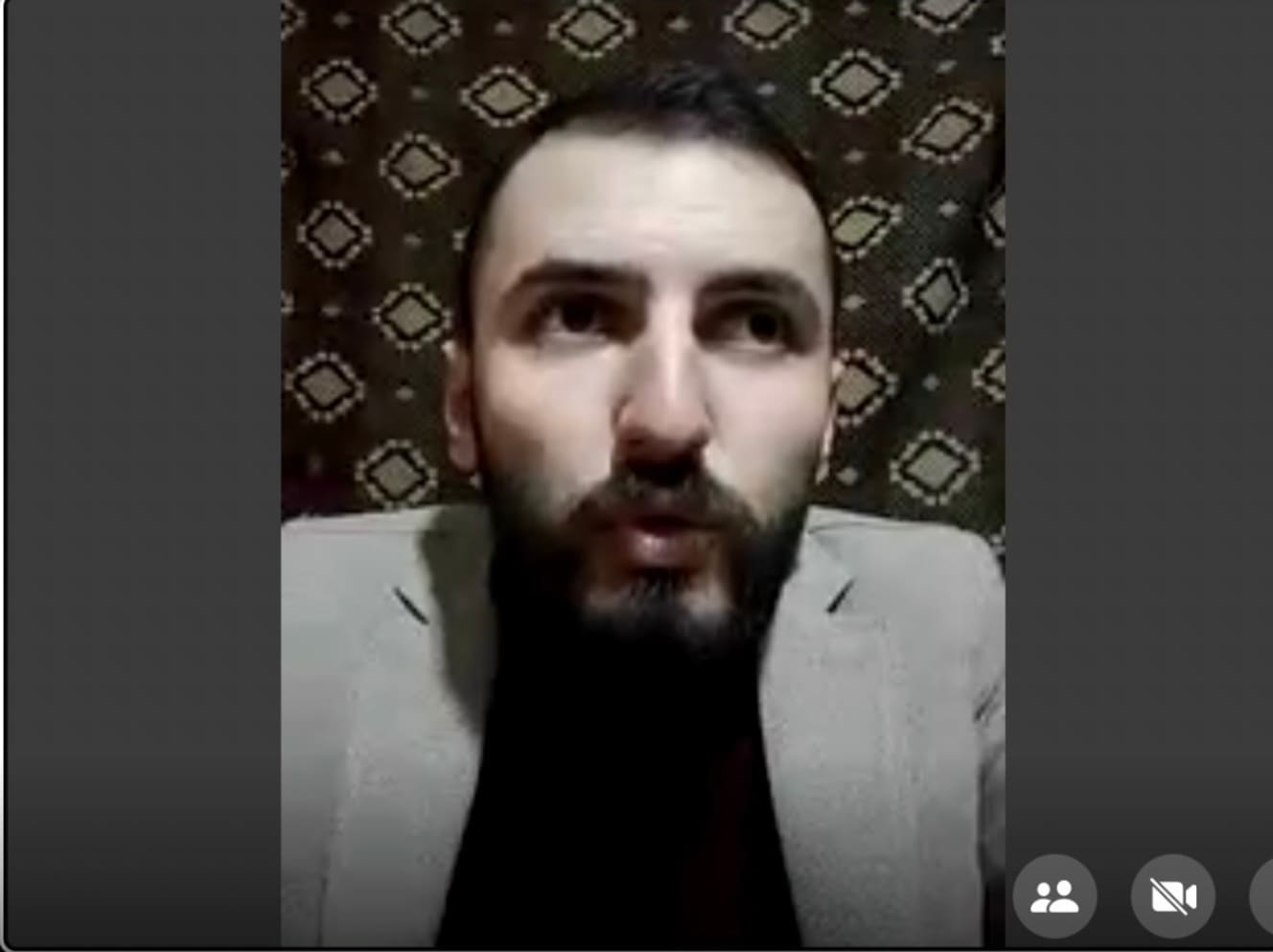Syria’s Assad Regime Collapses: Most Citizens Celebrate, but Alawite Man Reveals “Invisible Fear”
Hayat Tahrir al-Sham (HTS), the Sunni-led Islamist rebel group that began its advance from northwestern Syria into the south at the end of November, declared victory in the capital Damascus on December 8.
President Bashar al-Assad left the country early that morning, and Russian media reported the same evening that Assad was in Moscow with his family.
The collapse of the dictatorship that lasted for more than half a century has put most of the nation in a celebratory mood. At the same time, however, there are many who are anxious about the future and have concerns about the new regime.
In Syria, a civil war erupted in 2011 when government forces suppressed a pro-democracy demonstration by anti-government civilians. Since then, the conflict has continued in the country for 13 years, resulting in the deaths of more than 500,000 people and the number of refugees displaced within the country has reached approximately 6.7 million.
More than 70% of the Syrian people are Sunni Muslims, with the Alawi minority, an offshoot of the Shiite sect, accounting for more than 10%, and Christians and others. The Assad family is from this Alawi group, and Alawis have been appointed to positions of power in the government, military, and police.
How do Alawite citizens view the recent overthrow of the regime? We interviewed a man hiding in Damascus.
We have been told, “If you don’t want to starve, join the army and fight.
Abdallah Zaid, 31, is from Hama in northern Syria and is an Alawite like Assad. He works for a trading company and moved from Hama to Aleppo, Latakia, Idlib, and other northern areas during the civil war, but has been in Damascus since 2017.
‘Only a small percentage of Alawites, like Assad, benefit from the government. Most Alawites have been starving.”
If you don’t want to starve, join the army and fight, they were told. In fact, Abdallah’s brothers also entered military service for this reason.
During the civil war in Syria, checkpoints were set up throughout the country. Sectarian divisions were deep-rooted, with Sunnis and Alawis living in separate areas even within the same city.
Passersby were subjected to ID checks and brief questioning, but it was possible to predict their demographics based on information such as which area they lived in and where they had traveled from. Even a small trip, such as shopping, carries the risk of being detained.
I have personally covered Syria during the civil war several times in the past, but this was the first time I interviewed an Alawite. Because I was working with the rebels, my interviewees were Sunnis or, alternatively, Christians. The range of travel was also limited to some areas controlled by the rebels.
The Sunni rebel fighters provided material support to the Christian community, but they did not provide support to the Alawites because they were treated as “infidels. This was partly because the Alawites were equated with pro-regime groups.
During the civil war, foreign humanitarian groups continued to provide supplies and humanitarian aid, but much of this was done with the cooperation of the rebels. In areas where the rebels controlled the majority of the country, the Alawites were often slow to provide supplies to the areas where they resided.
He said, “I was honestly critical of the Assad regime’s corruption and war crimes. But in Syria, which is in the midst of a civil war, you have to choose between the government faction and the rebel faction.
As an Alawite, the rebels were a threat to me, and the media reported daily violence by some fighters.
I believed that I would be safer if I supported the government, so I supported the government from the ground up. Anyway, I was just trying to protect myself and my family.”

All of the information Mr. Abdallah was receiving came from government media outlets. Videos and photos showing attacks and violence against civilians were reported as “inhumane acts by rebels,” and he was terrified that he would suffer the same fate.
In Syria, where a dictatorship was in place, all media content, including television, radio, and newspapers, was censored and manipulated by the government.
HTS is al-Qaeda affiliated. In other words, they are terrorists. So until they gave their speech on December 8, there was nothing but fear about their existence. But after the speech, when HTS promised to respect the rights of minorities, I had some hope.
Mr. Abdallah then added, “However, I cannot deny that I am anxious because I don’t know what lies ahead. I just hope that the society will change to one that is safer than before and respects the rights of all people,” he said.
We just want to go back to our normal lives.”
On December 9, rebels, including HTS, visited Assad’s hometown of Latakia and met with Alawite voters. Accepting the promise of HTS and others to “respect all religions and sects,” the Alawite voters signed a statement of support for the rebels.
Such developments may have influenced the views of ordinary citizens like Abdallah toward the new government.
I am just an Alawite. I don’t care who is in power as long as they respect minorities like us and give us equal rights. I just want to go back to my normal life.”
Abdallah has a family member who worked for the Ministry of Interior and a brother who was a soldier in the government army. Both are now hiding out in the eastern and northern regions of the country. It is possible that not only those who were government or military officials, but also their families could be the targets of attacks and justice.
Mr. Abdallah is still frightened by the “invisible terror” of the situation.



Reporting and writing: Miyu Suzuki (Journalist)
